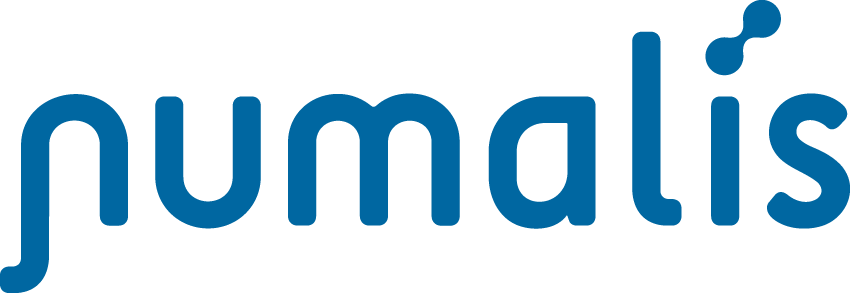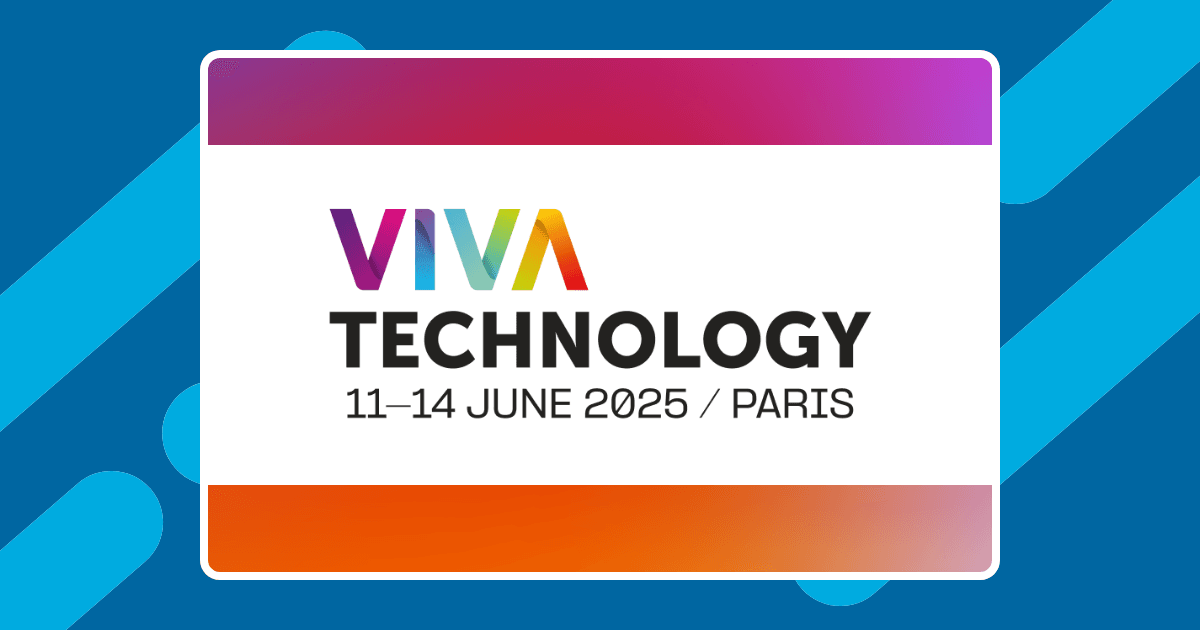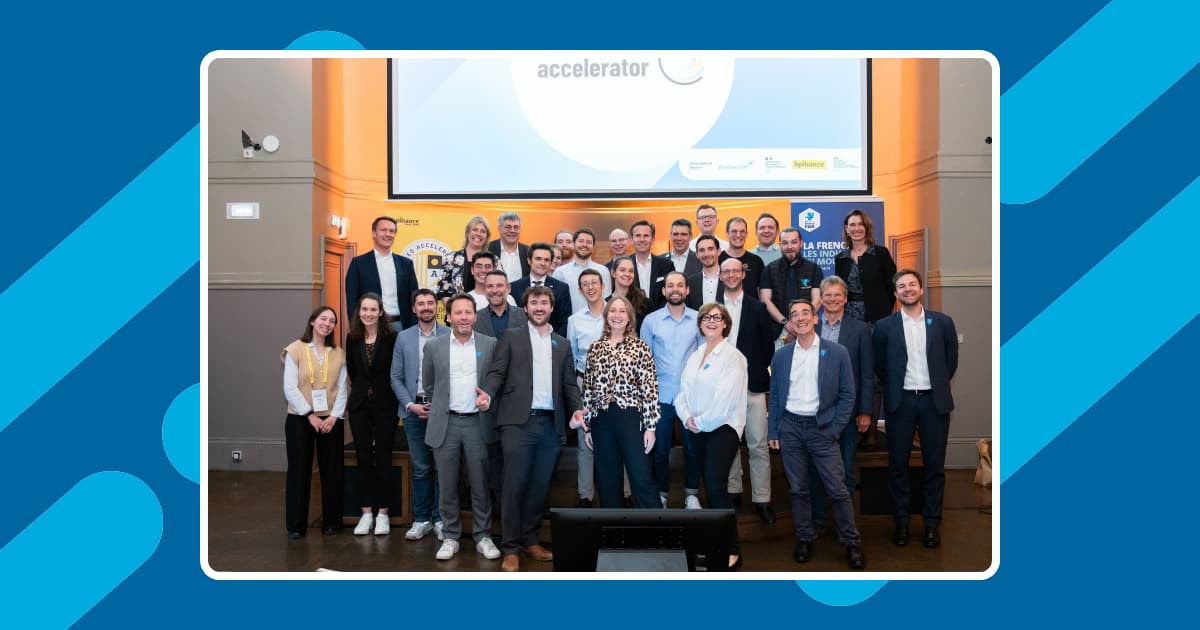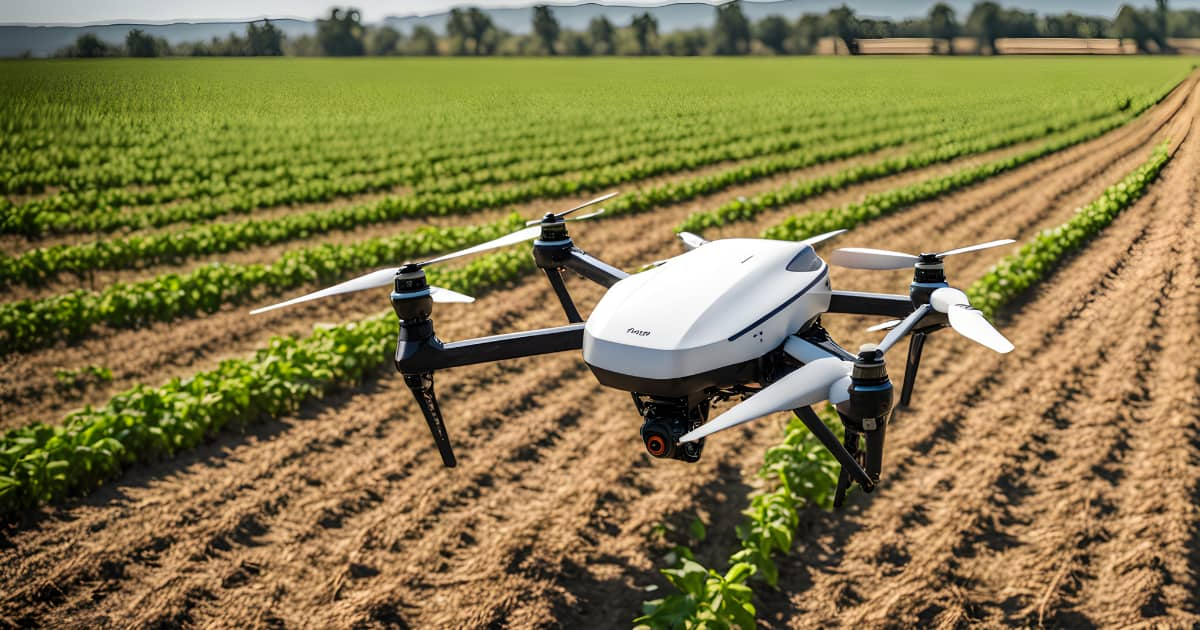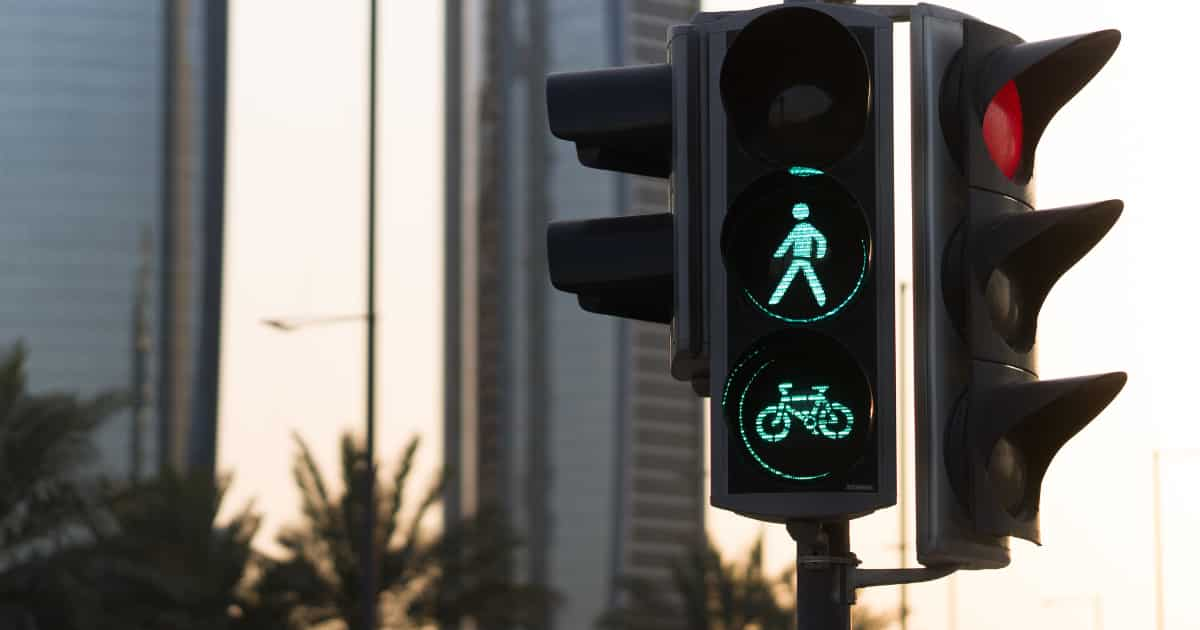Digital pre-production tools are evolving daily, offering crews more power and precision. One such technology is Artificial intelligence(AI), which has taken the filmmaking industry by storm. AI techniques like machine learning(ML), computer vision, and natural language processing(NLP) are now the foundation of different pre-production platforms.
AI in film and cinema production has found many use cases. The industry is awash with innovative solutions, ranging from AI-assisted visual effects to script concept production.
Film and cinema pre-production is the planning phase, which involves multiple tasks handled by different crews. AI in film pre-production aims to optimize and streamline film planning and execution.
However, challenges like copyright infringement have arisen in the face of all these advancements. Our article explores how AI impacts pre-production and its advantages and disadvantages.
How AI is reshaping pre-production in Film and Cinema
Pre-production is an essential part of filmmaking and the backbone of successful films. It involves processes like scheduling and budgeting. AI’s ability to analyze large volumes of data to uncover patterns and insights makes it potent for some of the complex and repetitive tasks in pre-production.
AI-powered screenwriting and story development
In 2016, Andy Herd used ML algorithms to build an AI-powered script-writing tool using Google’s open-source toolkit. He fed the entire script of a sitcom called “Friends” into the tool, and it was able to generate a new episode1.
Professional script writers usually take three months before developing the first draft2. However, with AI, it’s possible to generate an entire script within a few moments.
ML algorithms and NLP techniques can develop script-generation tools. The model can analyze the structure, style, and semantics of existing scripts to identify themes, patterns, and nuances within the texts. Film studios can use these tools to generate scripts that follow similar stylistic and thematic elements depending on user input.
AI-powered screenwriting tools can also analyze scripts to help writers fine-tune their work. For instance, the solution can identify plot holes and suggest ways to enhance dialogue and character development.
Script breakdown using AI
Script breakdown helps producers and key crew members dissect screenplays to identify elements. This process extracts crucial information critical for scheduling and budgeting.
Traditionally, crew members carefully analyzed the script to identify the elements needed for every scene, eventually identifying and tagging components like characters, scenes, and locations. Picking out all these elements from tens or hundreds of pages is laborious and time-consuming.
AI-driven solutions use NLP and ML algorithms to efficiently categorize and tag each component. They analyze the narrative structure, dialogues, and character development, giving directors and producers insights quickly.
AI-driven budget estimation
Film budgeting is a complex process often handled by a two-step approach. Crafting an accurate and workable budget aligned with the vision requires a collaborative approach between top stakeholders. A preliminary budget(topsheet) is a proposal of what’s needed, while a final budget is a more concise and concrete budget3.
Creating a reasonable budget estimation is a time-consuming process that requires expertise. ML models can analyze historical financial data, uncovering how parameters like script, actors, location, and film length influence the budget.
It’s, therefore, possible to craft a rough film estimate using an AI-driven solution. Such tools can generate preliminary estimates that act like a script pitch deck for investors4. Additionally, AI budgeting solutions can provide comparative insights showing how the budget compares to similar projects.
Companies like RivetAI already have an AI-powered budget estimation feature that generates topsheet estimates based on script analysis. The tool is also adaptable, regenerating an estimate based on new input5.
AI-driven film production scheduling
An effective schedule helps film production stay on budget and on time while accommodating different challenges during the production process. A schedule results in a planned timeline detailing the day-to-day operations, ensuring a comprehensive roadmap to fulfill the film’s vision. Due to multiple variables and dependencies, scheduling is complex and time-consuming.
AI-assisted scheduling software can analyze scripts and break down the activities needed for a successful shoot. With this preliminary schedule, professionals can refine the timeframe for each activity.
AI scheduling software uses ML algorithms to generate comprehensive schedules by analyzing historical data, current production parameters, and external variables like weather. Additionally, it can produce several schedules for review, allowing the film producer to check the optimal option.
With predictive analytics, these tools can predict potential challenges and even prescribe how to adjust schedules6. Filmustage, a startup offering AI-driven pre-production service, enables filmmakers to create schedules automatically. The tool can generate customized schedules and day out of days(DooD) report7.
Audience targeting
AI-driven predictive analytics analyze past audience preferences to forecast future behavior. These tools can help producers and screenwriters determine the movie’s direction based on their target audience.
Factors like film genre, social media sentiments, historical data, and the box office performance of similar movies influence AI-based audience targeting. Additionally, film marketers can deploy hyper-personalized marketing campaigns using customer segmentation techniques for further micro-targeting.
Companies like Movio affirm that they use AI for in-depth customer segmentation. Their AI-based analytics tool provides valuable audience insights for target marketing and predicts movie preferences8.
Other AI-based tools go a step further to predict the financial success of a movie. Using ML models, they can analyze scripts, box office history, and consumer data to determine whether a film will succeed9.
Benefits and Challenges of using AI in pre-production
AI-based tools solutions are powerful tools that can create content and uncover insights, helping filmmakers streamline different processes. Their advantages also cascade to film pre-production, enhancing and optimizing various tasks.
The use of AI to augment human capabilities cannot be overstated. AI tools are not wholesome by themselves, meaning they are limited in many ways.
Here are some benefits and challenges of using AI in film pre-production.
Benefits
Quick script generation: The average script is 110 pages, and it takes scriptwriters three months to create a first draft10. AI-script generators can take a few minutes to produce an entire first draft. These solutions help screenplay writers generate scripts, overcome writer’s block, make faster edits, and maintain tone.
Additionally, AI-powered solutions using neural machine translation(NMT) can translate scripts into different languages in hours instead of days11.
For film studios training AI script generators on their proprietary media, the benefits around script generation are endless. These tools can quickly offer multiple ideas for extending a series within a few minutes.
Optimized budgeting: Budget creation is one of the more complex and time-consuming undertakings in pre-production. AI budget generator can quickly draft a preliminary budget to present to investors.
With ML and predictive analytics, these budgeting solutions can help producers manage a film’s budget. They can also highlight potential financial stress, helping steer the production team from overspending.
Enhanced efficiency: Tasks like scheduling and script analysis involve repetitive and cumbersome work, which can lead to errors. AI automates these processes, freeing filmmakers to focus on more creative and engaging tasks. For instance, an AI-based pre-production tool can assist a producer with functions ranging from suggesting optimal scheduling paths to script breakdowns.
Challenges
Limiting creativity: Overreliance on AI-based tools for scriptwriting and screenplay can stifle human creativity and originality due to their dependency on historical data.
Despite AI’s ability to quickly generate content, the technology lacks emotional depth and human experience that introduce novel creative nuances. There’s a need to balance human and AI input to avoid limiting human imagination and intuition.
Ethical considerations: Job displacement and copyright issues are just some of the ethical concerns around the use of AI. Creating movie scripts using generative AI tools that derive content from pre-existing data may pose copyright complexities, particularly when this data isn’t proprietary.
It remains unclear whether AI-generated content is protected by copyright law. Therefore, creatives in film production must be careful to safeguard their AI-related work against intellectual property-related risks12.
Transparency and explainability: AI output can be incorrect or biased due to data quality or other mishaps. The lack of clarity on how outcomes are arrived at can be a problem for film producers who use these tools for decision-making.
Conclusion
AI and ML are changing the way filmmakers approach pre-production. For instance, by automating tasks like scriptwriting and script breakdown, screenwriters and producers can use their time for more creativity. Moreover, AI-driven solutions are augmenting human capabilities in other critical processes like budgeting and scheduling, cutting the time filmmakers need to spend on these activities.
The use of AI in film pre-production is only likely to increase in the coming days, heralding new ways of filmmaking. However, AI is not a silver bullet for all pre-production processes, with challenges like originality and ethical concerns hindering adoption.
- A Study of Artificial Intelligence in the Production of Film ↩︎
- How Long Does it Take to Write a Screenplay? | No Film School ↩︎
- RivetAI and the Art of Film Budgeting: Navigating Financial Planning with AI ↩︎
- Filmustage Is an AI-Powered Solution for Film Production and Game Development ↩︎
- Budgeting ↩︎
- AI in Filmmaking: Revolutionizing the Entire Process from Pre-Production to Distribution – Vitrina ↩︎
- Automate Your Shooting Scheduling and DOOD Reports – Filmustage ↩︎
- How Artificial Intelligence is Revolutionizing the Film Landscape ↩︎
- AI in Film Production: Script Analysis and Visual Effects | by Jam Canda | Medium ↩︎
- (PDF) A Study of Artificial Intelligence in the Production of Film ↩︎
- How to Get the Best Out of an AI Script Generator ↩︎
- Will copyright law enable or inhibit generative AI? ↩︎
